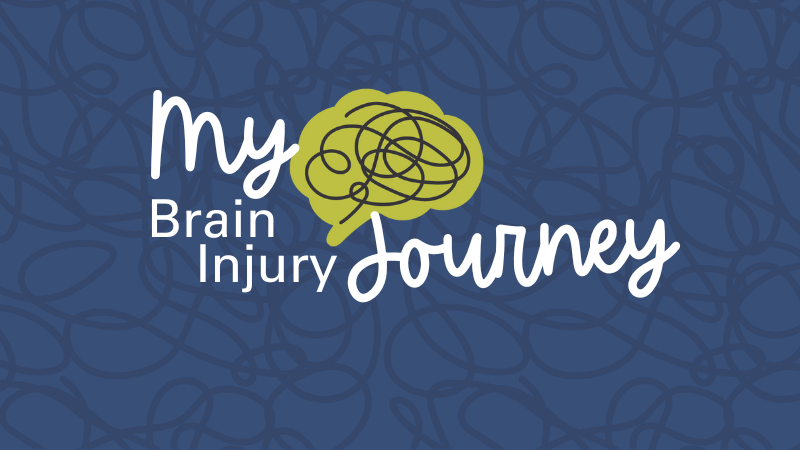Leili Hashemi

The morning before my medical school entrance exam, I was awoken by a splitting headache. It wasn’t just a dull throb—it was piercing and disorienting. Along with the headache came a cascade of troubling symptoms: slurred speech, blurry vision, trouble balancing. I had all the textbook signs of a stroke. But I was 24. I was healthy, young, and preparing to begin a career in medicine. I told myself it had to be something else.
I tried to push through the day, relying heavily on Advil to dull the pain. It wasn’t until later that evening, when my boyfriend insisted I go to the emergency room, that I finally relented. By 8 PM, I was admitted. Scans confirmed what I had been too afraid to believe: I was experiencing a brain hemorrhage. My last memory for the next three months was of a neurosurgeon leaning over me, calmly saying the words: “You’re having a stroke.” Days later, the bleeding continued, and I was rushed into emergency brain surgery to remove the malformation responsible for the hemorrhage. I spent the next month in the ICU, followed by 2 months in an inpatient rehabilitation hospital, where the slow, grueling work of recovery began. Three months later, I was discharged and finally able to go home. I was excited, hopeful even—thinking I’d be returning to the life I had before. But that life was gone.
At home, the reality of my new world set in quickly. I was wheelchair-bound, barely able to speak, on a restricted diet, and completely dependent on my family. My parents had to turn our home into a mini rehabilitation center—installing safety bars, rearranging furniture, and learning how to support my every move. Before my stroke, I had an apartment, a partner, a social life, and a dream of becoming a doctor. Afterward, I had moved back home, lost my independence, my relationship, and even the ability to read a book.
This crisis mode lasted nearly two years. By the third year, things began to shift. Slowly, painfully, I reclaimed pieces of myself. But even with the improvements, I struggled with an invisible weight: the feeling that I wasn’t living up to my potential. It wasn’t just the physical or cognitive limitations—it was the emotional isolation that hurt the most.
And yet, something beautiful emerged from that darkness. I began connecting with other stroke and brain injury survivors. In sharing our stories, I rediscovered a part of myself. I felt seen, understood, and no longer alone. Those moments of connection were powerful. They reminded me that healing is not just about walking again or talking clearly.
This realization changed my perspective entirely. I saw how adept our healthcare system is at addressing the physical wounds, but how lacking it can be when it comes to the emotional and mental aftermath of brain injury. For many of us, the trauma continues long after we leave the hospital. That’s why I now urge anyone recovering from a brain injury to nurture their emotional and mental health as fiercely as they do their physical recovery. Support groups, books, YouTube videos from fellow survivors, podcasts, therapy, journaling—these are essential tools for healing. Emotional resilience is just as vital as physical strength. And unfortunately, it’s often overlooked.
If I could go back and offer advice to myself or anyone at the beginning of this journey, I would say two things:
First, be your own biggest advocate. Learn as much as you can about your condition. Ask questions. Challenge assumptions. Your voice matters in your recovery.
Second, don’t forget about your caregivers. This experience doesn’t only affect the person who had the stroke—it transforms the lives of everyone close to them. Encourage your loved ones to seek help too. Their emotional well-being directly impacts their ability to support yours. Recovery is a team effort, and compassion must extend both ways.
Today, I still face challenges, but I’ve learned that resilience isn’t about bouncing back to who you were—it’s about becoming someone new with grace, strength, and compassion. I may not be where I thought I’d be, but I am still healing.
